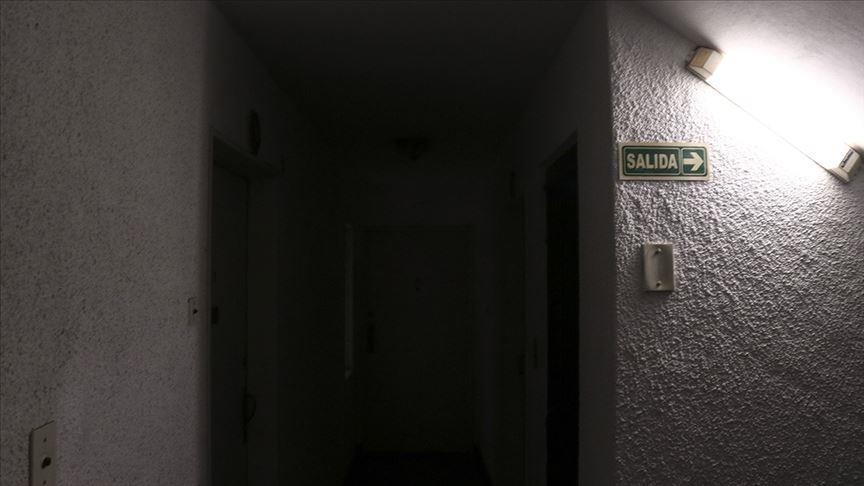
OVIEDO, Spain
Spain and other countries, including Portugal, will propose putting a cap on the maximum amount that the European Union can pay for electricity, Spanish Environmental Minister Teresa Ribera said Thursday.
“The average price has been around €50 ($55 per megawatt-hour), but ever since before the summer, we’ve seen records being pulverized day after day. It’s intolerable. The market is totally distorted, and it is putting huge pressure on households and industry,” she told Spanish broadcaster Onda Cero.
She said Spain, Portugal and other countries will propose a cap of €180 on EU energy prices at the European Council meeting next week.
“When the European Council meets, we need more than guidance, we need quick, effective and actionable decisions,” said Ribera.
The €180 cap was part of Spain’s and Portugal’s electricity regulation until 2019, when a EU mandate erased price caps.
But prices have been surging with Spain paying a record €545 ($601) on March 8. Today, the price sits at €217 ($239).
Energy prices have been a major disruption across Spain.
Several major industrial factories have recently paused production, self-employed truckers have gone on strike because of the cost of diesel and are causing problems in the supply chain and sky-high electricity bills are eating into households' savings.
Prime Minister Pedro Sanchez has been on a European tour to try to convince other leaders to change EU regulations on electricity prices.
As it stands, the bloc’s wholesale electricity market uses marginal pricing, meaning all electricity producers are paid the same amount, whether electricity comes from cheap renewables or expensive gas.
The EU insists that the model is the most efficient but critics from France and Spain called it absurd.
“We are working with different governments because a lot of them have the same worries as us,” said Ribera. “But others are more afraid and have a higher dependence on Russian gas or coal, so they are more worried about changing market laws.”
Anadolu Agency website contains only a portion of the news stories offered to subscribers in the AA News Broadcasting System (HAS), and in summarized form. Please contact us for subscription options.







